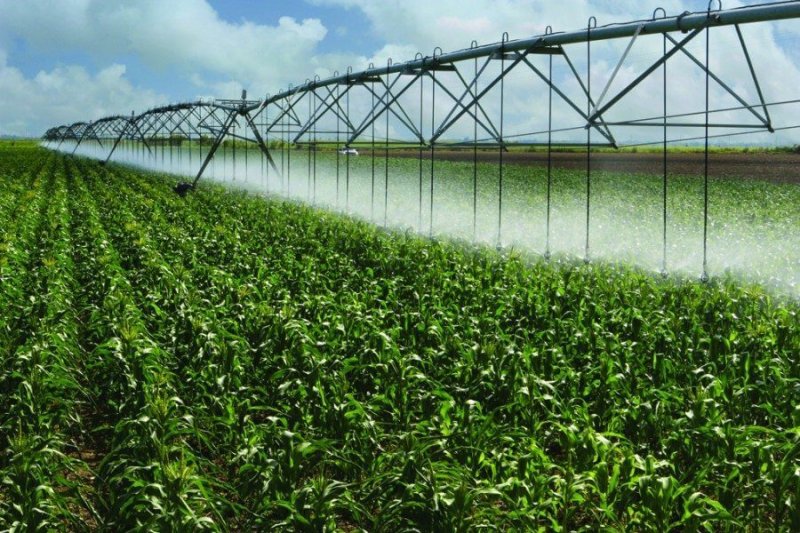Scientists at the Department of Energy’s Oak Ridge National Laboratory have identified a common set of genes that enable different drought-resistant plants to survive in semi-arid conditions, which could play a significant role in bioengineering and creating energy crops that are tolerant to water deficits.
Plants thrive in drylands by keeping their stomata, or pores, shut during the day to conserve water and open at night to collect carbon dioxide. This form of photosynthesis, known as crassulacean acid metabolism or CAM, has evolved over millions of years, building water-saving characteristics in plants such as Kalanchoë, orchid and pineapple.
…
Scientists are studying a variety of drought-resistant plants to unlock the mystery of CAM photosynthesis. For this work, the ORNL-led team sequenced the genome of Kalanchoë fedtschenkoi, an emerging model for CAM genomics research because of its relatively small genome and amenability to genetic modification.
The team investigated and compared the genomes of K. fedtschenkoi, Phalaenopsis equestris (orchid) and Ananas comosus (pineapple) using ORNL’s Titan supercomputer.
…
They identified 60 genes that exhibited convergent evolution in CAM species, including convergent daytime and nighttime gene expression changes in 54 genes, as well as protein sequence convergence in six genes.
[Editor’s note: Read the full study]
Read full, original post: Genes found in drought-resistant plants could accelerate evolution of water-use efficient crops































